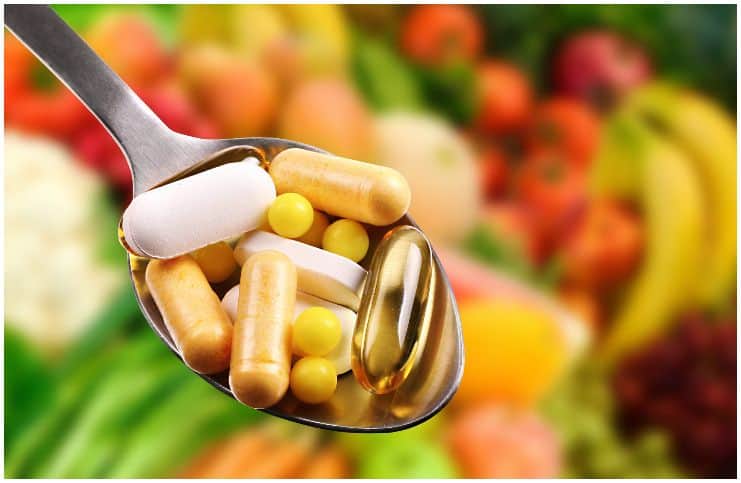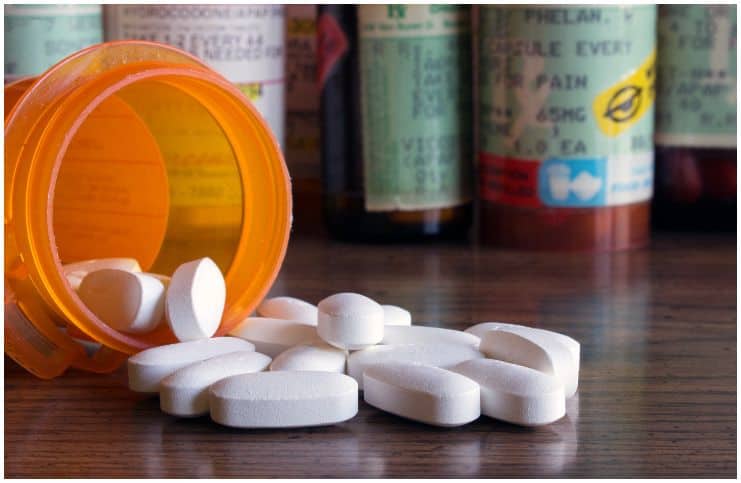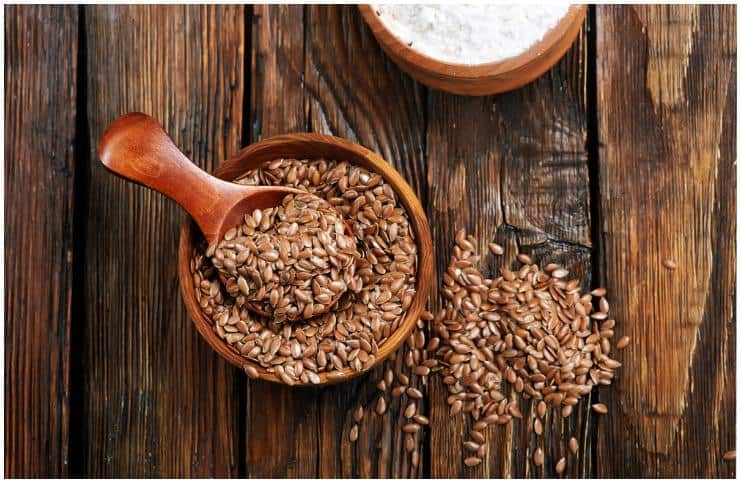Potassium Gluconate vs Potassium Citrate – Which Is The Best Supplement?
Potassium is the 3rd most abundant mineral in the human body and is vital for the maintenance of acid-base balance as well as for the maintenance of normal whole-body and cellular fluid levels.
Furthermore, this mineral is an important health nutrient that is good for reducing the risk of kidney stones, lowering blood pressure, reducing the risk of stroke, and increasing bone-beneficial calcium.
A study published in the Journal of the American Medical Association concluded that consuming two times more potassium than sodium in a regular diet lowers the risk of dying from heart disease considerably.
Potassium is also a crucial nutrient used to maintain electrolyte and fluid balance in the human body. Since muscle activity controls numerous bodily activities, this mineral is important for a variety of normal body functions, including digestion.
According to the Academy of Nutrition and Dietetics, the recommended daily intake of this mineral is 4,700 milligrams, however, most people in the United States consume barely half that amount. A low potassium intake may be one factor that leads to the
development of hypertension, particularly when salt (sodium) intake is high.
Potassium Gluconate
It is the potassium salt of the conjugate base of gluconic acid (an organic compound) that is made from glucose (sugar) by fermentation and subsequent neutralization with a potassium source.
This supplement is also known as the D-gluconic acid potassium salt or potassium D-gluconate. It is sold OTC as capsules or tablets providing up to 593 mg of potassium D-gluconate, hence, containing 99 mg of elemental potassium.
This supplement is mainly used to treat or prevent low levels of potassium. Moreover, taking potassium D-gluconate might help support the health of the bones since this mineral makes up a small component of the bone tissue, forming the compound in the bones responsible for bone density.
Potassium Citrate
It is a white powder or a colorless, transparent crystal that has many uses and benefits. This supplement is actually a potassium salt of citric acid (which occurs naturally in citrus fruits).
Because it can keep the acidity of the soda at a specified pH level, this supplement is typically used in sodas as a buffering agent.
Additionally, it has the capacity to attach to calcium in the urine, therefore, it prevents the formation of mineral crystals which can develop into painful kidney stones.
It is available in 10 mEq (1080 mg), 5 mEq (540 mg), and 15 mEq (1620 mg) strengths. This supplement is not recommended if you have a urinary tract infection, stomach ulcers, kidney, intestinal blockage, or heart disease.
Side Effects And Precautions
Common serious side effects of taking these supplements may include:
- slight tingling in the feet or hands;
- mild diarrhea;
- upset stomach;
- mild nausea.
Serious side effects (very rare) may include:
- coughing up vomit that looks like coffee grounds;
- bloody stools;
- ongoing diarrhea or vomiting;
- severe stomach pain;
- numbness around your mouth;
- limp feeling;
- muscle weakness;
- leg discomfort;
- increased urination;
- extreme thirst;
- uneven heartbeat;
- anxiety;
- feeling like you might pass out;
- confusion.
This type of supplement can also cause narrowing of the small intestine from healed ulcers and perforation or bleeding of the small intestine or stomach from ulcers.
Moreover, avoid these supplements if you:
- have hyperkalemia – high levels of potassium in the blood;
- take certain diuretics (water pills);
- are dehydrated;
- have severe burns;
- have Addison’s disease, a long-term endocrine disorder;
- have a peptic ulcer in the stomach;
- have a urinary tract infection;
- have kidney failure.
Alcohol
Interaction with alcohol is unknown, thus, stay on the safe side and avoid alcoholic beverages while using these supplements.
Drug Interactions
These supplements may interact with the following drugs:
- some medicines for heart problems, hypertension, and kidney protection;
- quinolone antibiotics;
- quinidine (acts as a class I antiarrhythmic agent);
- medicines for pain and inflammation, such as – naproxen or ibuprofen;
- methenamine (a heterocyclic organic compound);
- lithium (used to treat the manic episodes of manic depression);
- digoxin (used to treat congestive heart failure);
- aspirin and aspirin-like medicines;
- dextroamphetamine, amphetamine, or similar meds.
Do not take these supplements with any of the following drugs:
- some drugs for the stomach, such as – dicyclomine and chlordiazepoxide;
- sodium polystyrene sulfonate (used to treat hyperkalemia);
- potassium-sparing diuretics;
- drugs for Parkinson’s disease or movement abnormalities;
- drugs for bladder spasms, such as – tolterodine and oxybutynin;
- histamine blockers for allergies or cold;
- eplerenone (a steroidal antimineralocorticoid of the spironolactone group);
- antacids;
- ammonium chloride (an acidifying agent which has diuretic and expectorant effects).
Potassium Gluconate vs Potassium Citrate – Which Is The Best Supplement?
About 90% of ingested potassium is absorbed during the process of digestion, therefore, the type of potassium for absorption is not actually relevant.
Therefore, both supplements effectively treat hypokalemia, and the use considers different factors.
Food Sources
The best source of this mineral is fruits and vegetables.
Therefore, here is a complete list of foods rich in potassium: flax seeds, pistachios, beet greens, raisins, almonds, oat bran, dates, white beans, lima beans, spinach, soybeans, chia seeds, avocado, sweet potatoes, potatoes, kiwi, prunes, lentils, bananas, broccoli, onion, chickpeas, cantaloupe, winter squash, celery, apricots, orange, mango, radish, tomatoes, millet, strawberries, pineapples, pear, and apples.
READ THIS NEXT:
References https://www.ncbi.nlm.nih.gov/pubmed/27413123 https://www.researchgate.net/publication/305343197 https://journals.lww.com/jbisrir/Fulltext/2011/09481/




